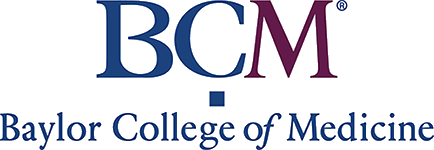CAR gamma delta T cell-based multi-pronged immunotherapy for AML
Dr. Norihiro Watanabe, Ph.D. – Baylor College of Medicine
Acute myeloid leukemia (AML) is the second most common type of leukemia in children and remains very deadly in patients with treatment-resistant disease. In other blood cancers, immunotherapy with patients’ immune cells (called T cells) that are genetically modified to express cancer-finding proteins called CARs has been very effective. However, extending this approach to AML is very difficult because cancerous cells frequently lose CAR targets thus becoming invisible to therapeutic cells. We will overcome this problem by utilizing a special subset of T cells, called gamma delta T cells. These cells can recognize and kill AML without a CAR, and therefore can be used to track down and eradicate cancer cells that lost the CAR target. Another advantage is that gamma delta T cells do not attack patients’ healthy tissue, and therefore can be generated from healthy individuals and infused into multiple patients. Here, we will establish a safe and effective CAR gamma delta T cell platform that we will manufacture from healthy donors and equip these cells with receptors to avoid immune rejection in AML patients. If successful, this will lead to a new therapeutic option available off-the-shelf for patients with difficult-to-treat AML.

